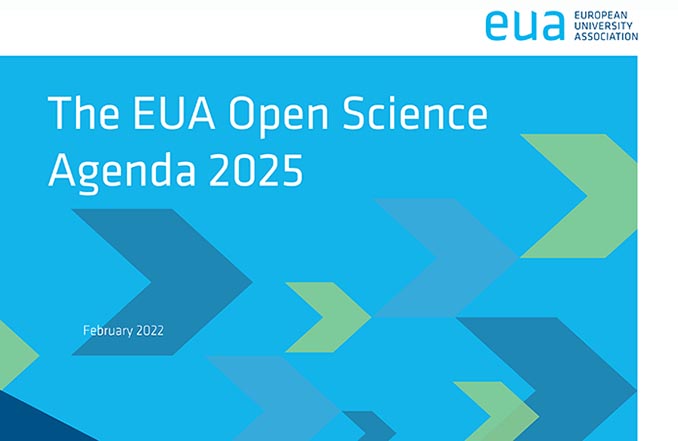The European University Association (EUA) has set out a radical vision to support its 850 member institutions in 48 European countries to move to an open science system that aspires to open access not only to scholarly outputs, but the whole research process.
The strategy unveiled in the EUA Open Science Agenda 2025 document has set the goal of placing Europe’s universities in “a scholarly ecosystem”, characterised by academic ownership of scholarly communication and publishing – with open science becoming an integral part of research assessment practices – within three years.
The move is part of a growing trend by the research community to challenge the global dominance of increasingly expensive academic publications, which, despite recent progress in open access to scholarly outputs, still sees an estimated 85% of new research articles published in journals being behind paywalls.
Dr Vinciane Gaillard, EUA deputy director of research and innovation, told that the EUA open science agenda strategy has been a year in the making and will be followed up by an action plan, with specific targets and a timeline to monitor progress, to be published in June.
The EUA plans to take the open science agenda forward by sharing good practices and working with international partners such as the Declaration on Research Assessment (DORA), the Research Data Alliance (RDA), Open Access 2020 (OA2020) and the ESAC community of library practitioners coordinated by the Max Planck Digital Library.

